Life
Sign up for our newsletter
We summarize the week's scientific breakthroughs every Thursday.
-
 Neuroscience
NeuroscienceLegalization trend forces review of marijuana’s dangers
Marijuana legalization advocates tout pot’s medicinal benefits and low addictiveness, while critics point to its neurological dangers. Research shows that the reality is somewhere in the middle.
-
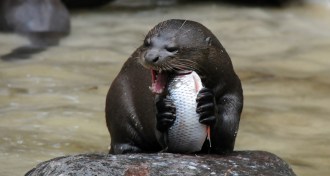 Animals
AnimalsOtters provide a lesson about the effects of dams
A dam created a new habitat, but that habitat’s lower quality kept otter density low.
-
 Cosmology
Cosmology2014 Kavli Prize winners announced
Cosmic inflation, nanoscale imaging and a better understanding of memory earn million-dollar honors with the Kavli Prize.
-
 Life
LifePolio could return after near eradication
Polio was considered eliminated in the United States by 1979, but since then vaccination rates have slipped, prompting concerns about reemergence.
-
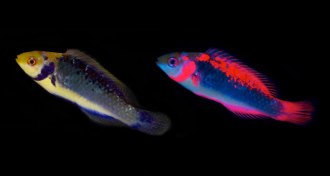 Animals
AnimalsReef fish get riled when intruders glow red
A male fairy wrasse gets feisty when he can see a rival’s colorful fluorescent patches.
By Susan Milius -
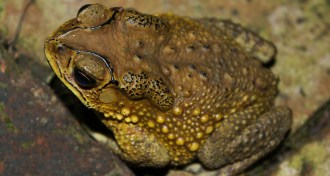 Animals
AnimalsToxic toad infiltrates Madagascar
Asian common toads may have hopped a ride to Madagascar and could pose an ecological risk to the island's native species.
-
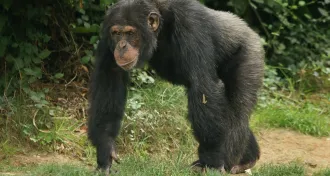 Life
LifeHuman use energy in brains, muscles differently than chimps do
The way our brains and muscles use energy is strikingly distinct compared with chimpanzees' metabolism in these tissues, a finding that may explain the major differences between the two species.
-
 Science & Society
Science & SocietyStem cell scientist reportedly agrees to retract controversial paper
Japanese stem cell scientist Haruko Obokata has agreed to retract one of the Jan. 30 Nature papers on STAP cells.
-
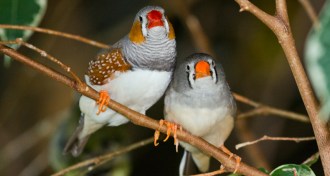 Animals
AnimalsZebra finches can detect variations in human speech
When humans vary the pitch or rhythm of their speech, zebra finches perceive the changes, suggesting that the ability to detect such variations is not linked to language.
-
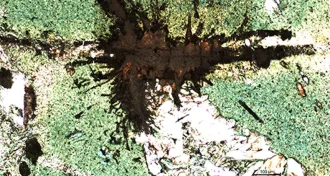 Paleontology
PaleontologyAge and origin of Earth’s early fossils questioned
Some of Earth's earliest trace fossils may not be fossils at all, a new study argues.
-
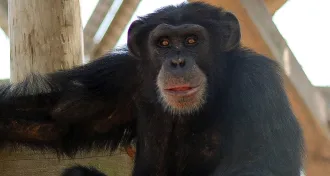 Life
LifeEbola vaccine shows promise for saving apes
Results of a clinical trial suggest that vaccination of wild apes could protect them from infectious diseases.
-
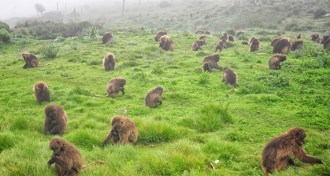 Life
LifeStarchy foods more filling than fiber, lab tests suggest
Tests of gut microbe digestion of potato starch and fiber suggest that moving away from grass-heavy ancestral diets may not be the reason for obesity epidemic.